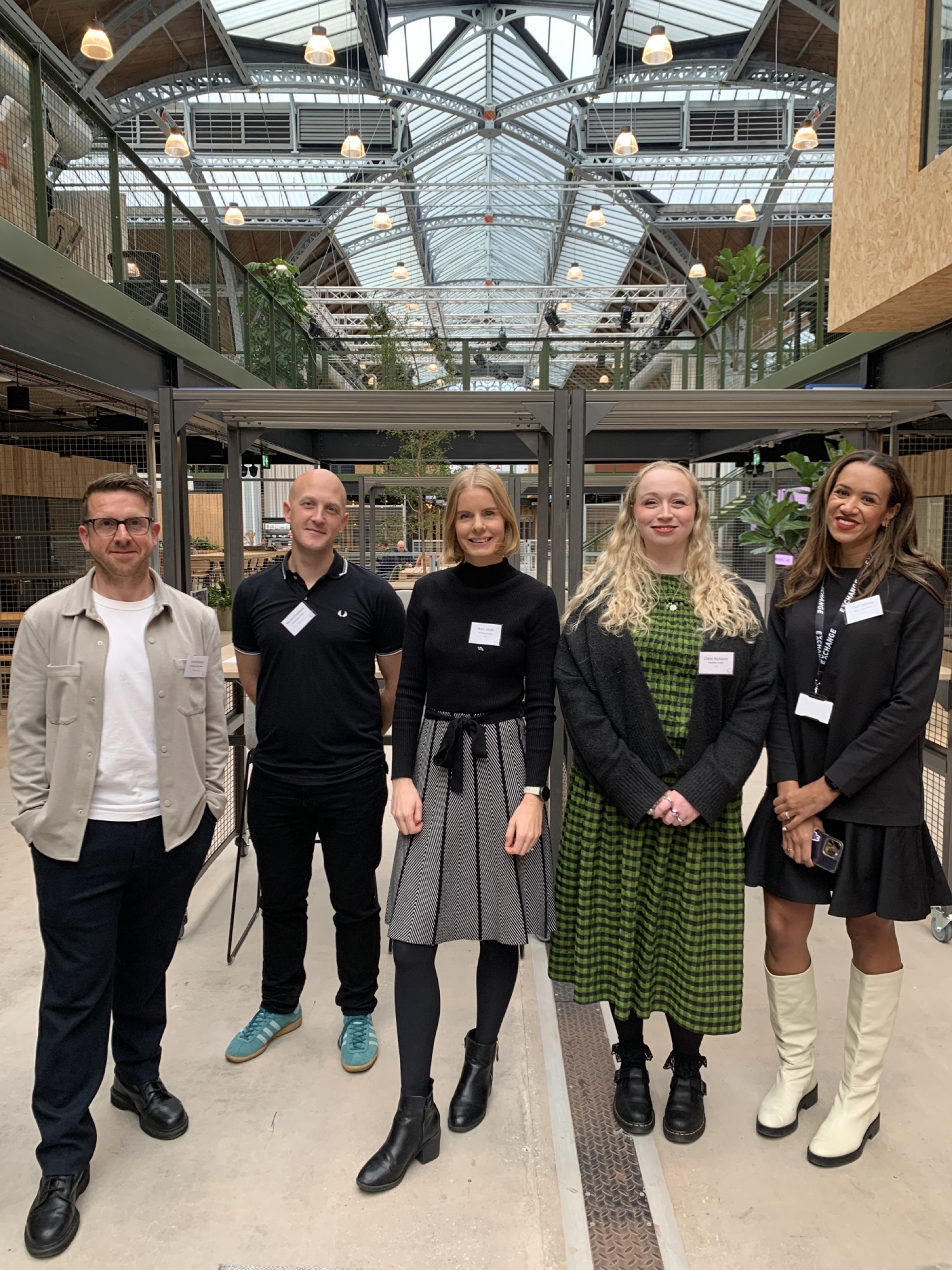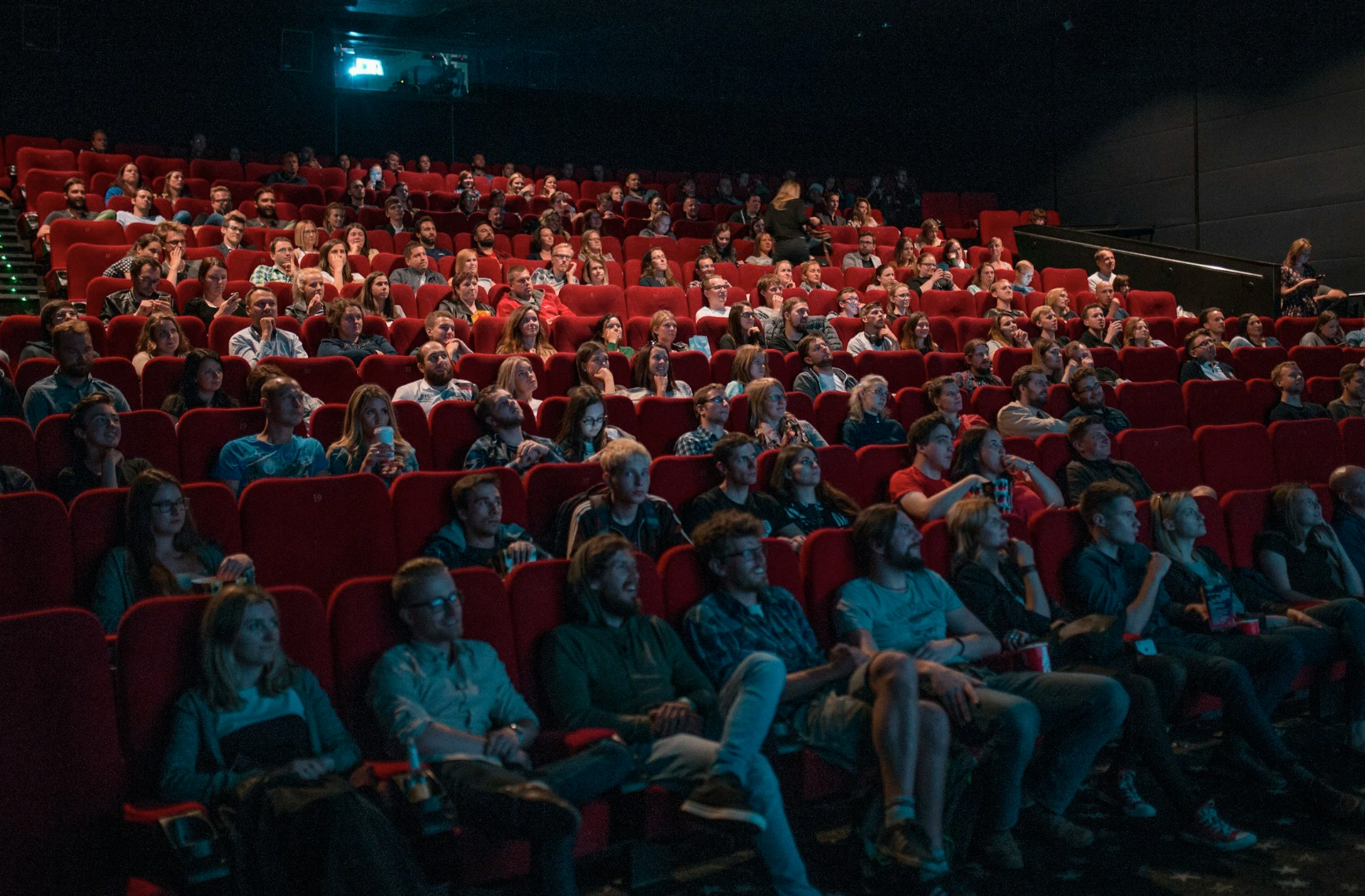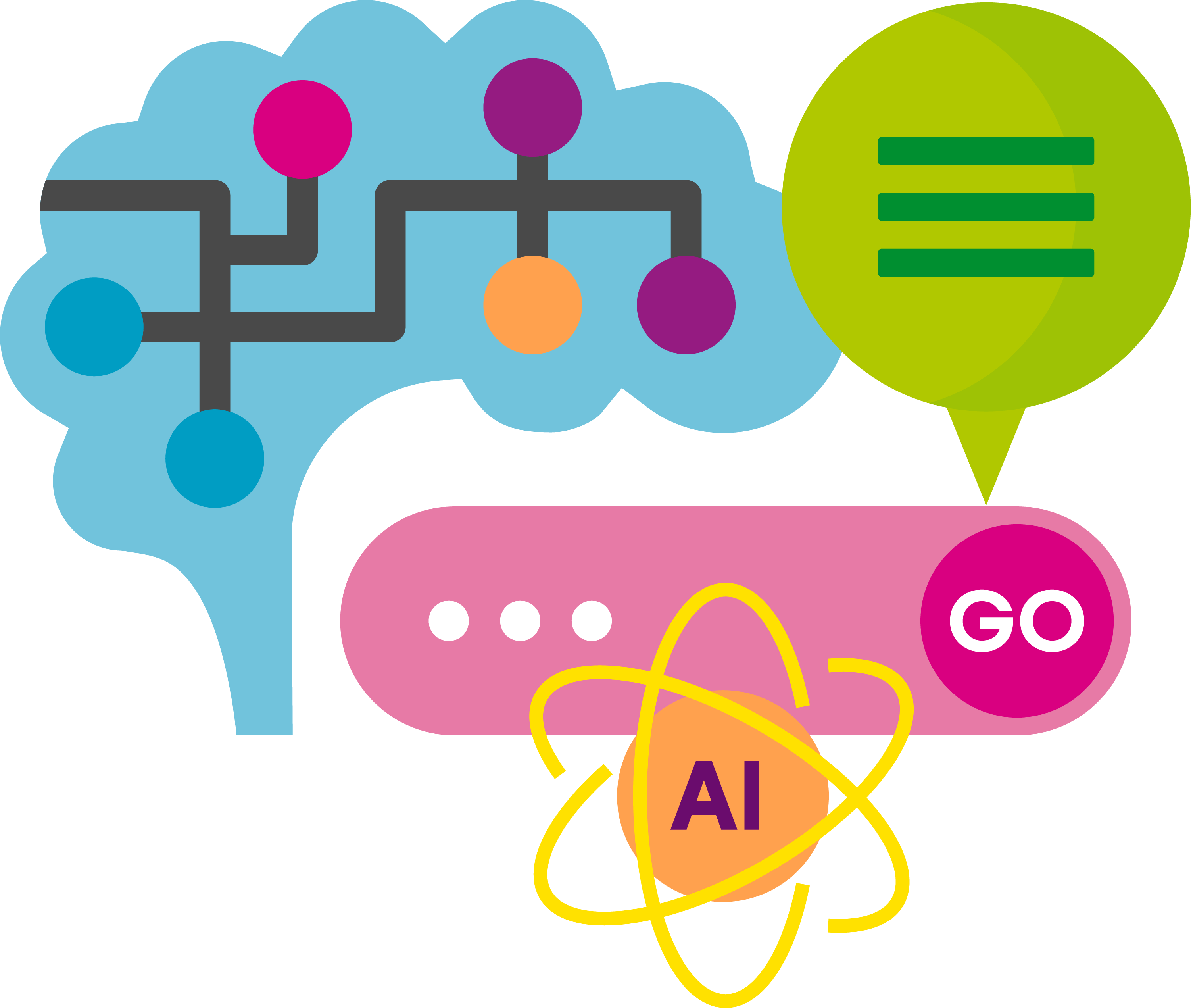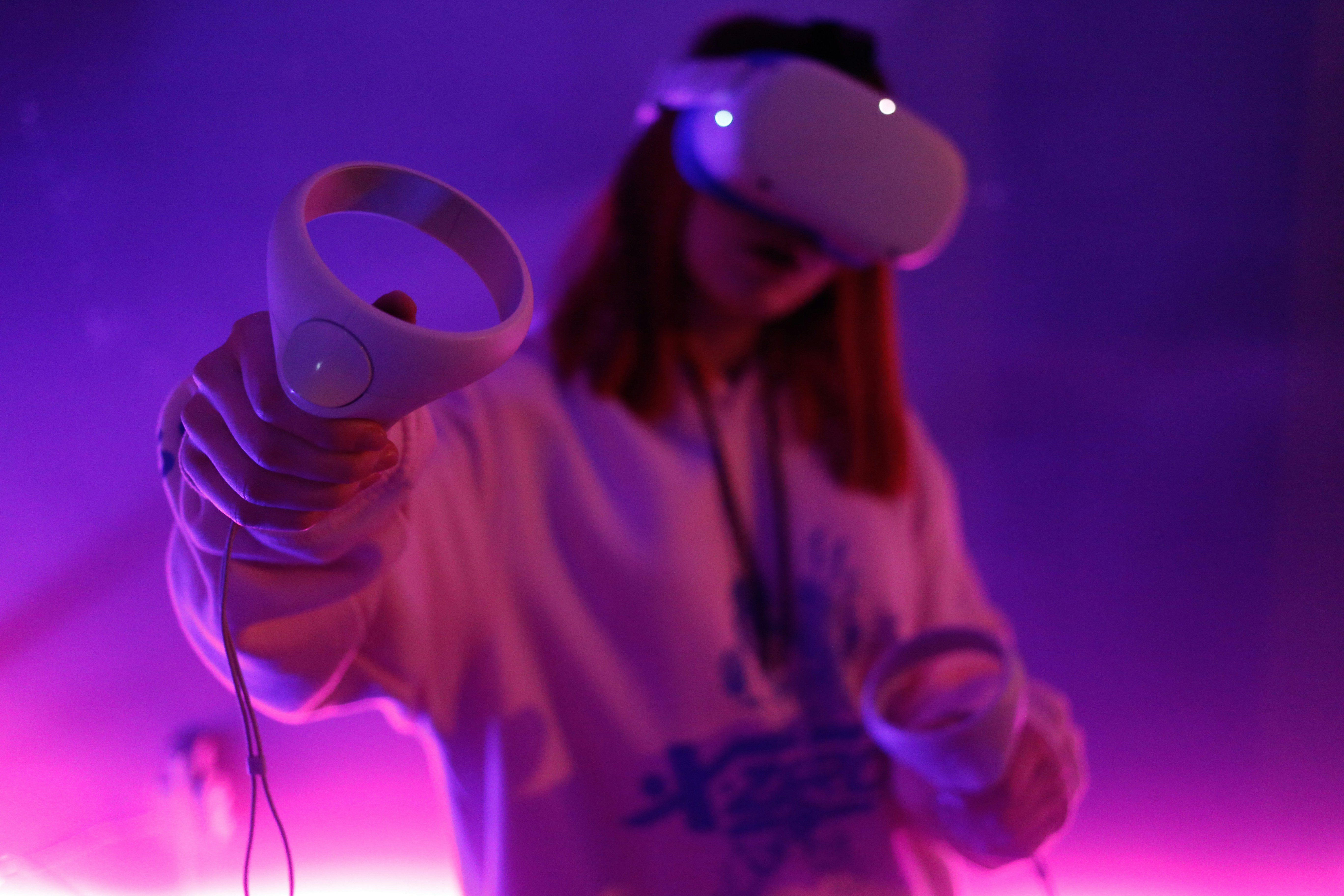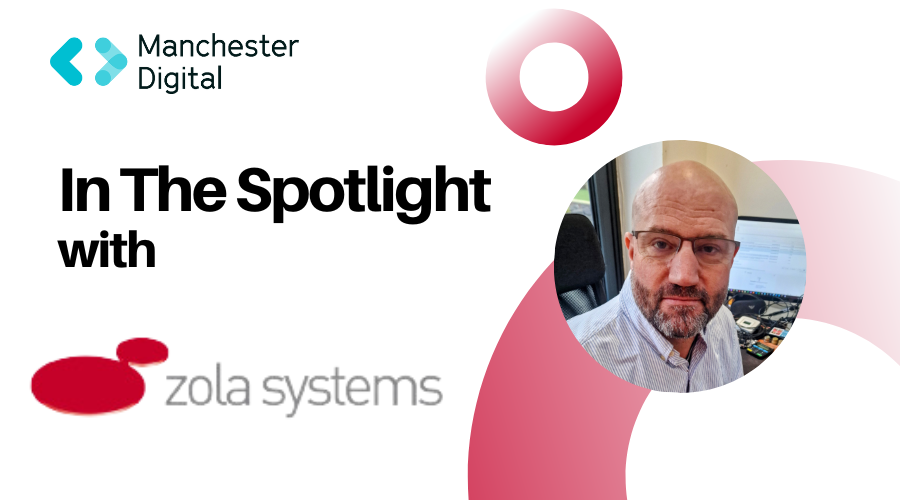
At Manchester Digital, we like to interview our members to find out a bit more about what they do and their work in the Greater Manchester digital and technology sphere. This week we're speaking with John Knott from Zola systems.
Can you walk us through your background and what led you to your current specialty supporting legacy systems?
My career started in desktop systems back in the late 90s and early 2000s. I was lucky to work on systems for Ministry of Defence and Foreign & Commonwealth Office – quite exciting areas such as diplomatic bag dispatch, scheduling, or explosive and ordnance squadrons investigating performance failures, accidents and defects.
The systems were used out in the field or in highly secure facilities so support had to be a bit creative and you were often working blind – the idea of a VPN connection into a Government system was quite a way off! What I really enjoyed about this type of work was handling the support – you had to be a little bit creative when comms infrastructure was in infancy; support calls were often over the phone and you had to think quickly without seeing the problem in front of you, learning what questions to ask etc. Put it this way, being told a 747 is sat at Heathrow waiting for the diplomatic bag certainly focusses the mind!
The logistics and scheduling knowledge led me to join a restaurant software startup as Head of System Development. Time based scheduling
knowledge formed the basis of the reservations software, enhancing the algorithms to optimise restaurant use. We started out in the late 1990s, but quickly found ourselves wrapped up in the dot-com boom; adding the ability to book your table over the internet. Seems pretty standard now, but back in 1999 the idea of having a device in the palm of your hand that could find availability at restaurants within walking distance for the type of cuisine you wanted was pretty revolutionary.!We ended up floating the company on the alternate investment market, but in many ways some of what we were doing could not be realised fully at the time, and the company took a downturn after 9/11 hit the restaurant industry. The technology is still out there now and most people will have been booked in using a system I wrote.
I moved into retail sales and footfall data, writing and supporting systems used by large shopping centres to analyse retailer performance, assess rent reviews, forecast retailer performance. At first I was working closely with Bluewater Shopping Centre, then moved to Springboard as Technical Director. We had cameras all over the world, mainly in the UK and US – for example Oxford Street, Time Squares, Downtown Chicago, Los Angeles. Our goal was to make the complex data tell a story and to be as easy as possible for all levels of users to quickly understand. That involved using data visualisation techniques and metrics to quickly show if the report was positive or negative. In addition to reporting back to each centre and high street, we added value by generating benchmarks using the data so that centres could compare themselves to their sector and region – those benchmarks are still used by the BRC on a monthly basis for reporting on footfall UK wide.
Since 2016, I have primarily been working in two key areas – systems integration / architecture and older legacy systems. Lots of companies have key systems where they have either fallen out with the company supporting them, or it was an internal system and the person who wrote it has moved on. The company rely heavily on the system, but no one understands how it works anymore. Other companies offer to rewrite it – but that’s often a cost and upheaval the customer is not yet willing to bear. The old support brain kicks in when trying to figure out the issue and best way to resolve.
What are the top 3 reasons an agency would call you in?
Usually it’s a skills gap – the agency might have skills in general website design and build, but for a global project where additional architecture knowledge or data experience is required. Or, they have a need for .net skills and they usually build using WordPress, PHP, etc.
My experience in data presentation often gets called upon – the end customer wants something to “be Excel, but without looking like Excel”… preparing the data and presenting it well can be done in a few simple steps, but it’s important not to get carried away and keep it simple
Finally, experience categorising and segmenting data.
Having worked with many agencies and clients over the years, what key piece of advice would you offer community members when it comes to effectively managing and evolving critical systems?
It’s how you handle the problem that makes the difference. Try and get the customer back up and running as quickly as possible, that eases the pressure, but then take the time to understand how and why the problem occurred and put a permanent fix in place. Most of all, be honest, if you made the mistake don’t cover it up – a good customer will respect you more and it puts the relationship on a better footing going forward.
Where do you see the biggest opportunities for collaboration within our community?
In Greater Manchester we have the preeminent tech community outside of London – but with a lower cost of living, the backing of world-class Universities, the development of the Greater Manchester Institute of Technology, great location in the heart of the UK close enough to go most places for a meeting. It’s a city that in my time has gone from the bleak 1980s to a city regularly appearing in the top 10 cities to visit in global polls. We’ve moved beyond Manchester to Manhattan and I’d argue it’s easier for companies here to compete and collaborate than in London. There is a wealth of student talent, all looking for an excuse to stay here and I would encourage anyone looking to build their business to seek out that talent – talk to the Universities, they are crying out for companies to offer students placements and projects. (I am currently working on one with the University of Salford for example and my eldest son is doing a degree apprenticeship working with me).
Thank you John!
To find out more about Zola Systems click here.



